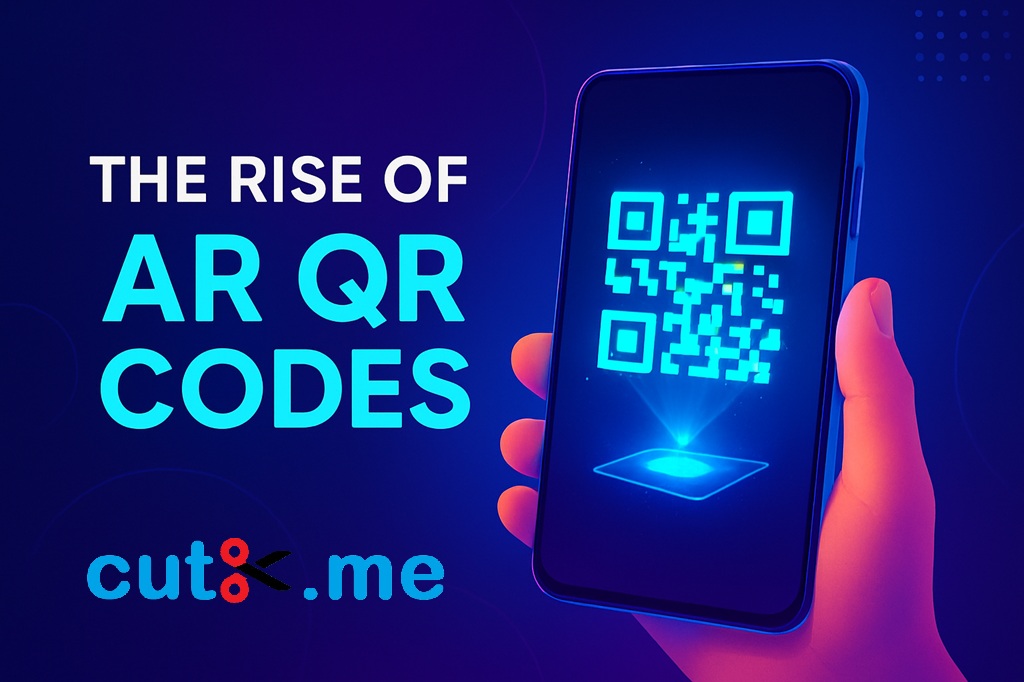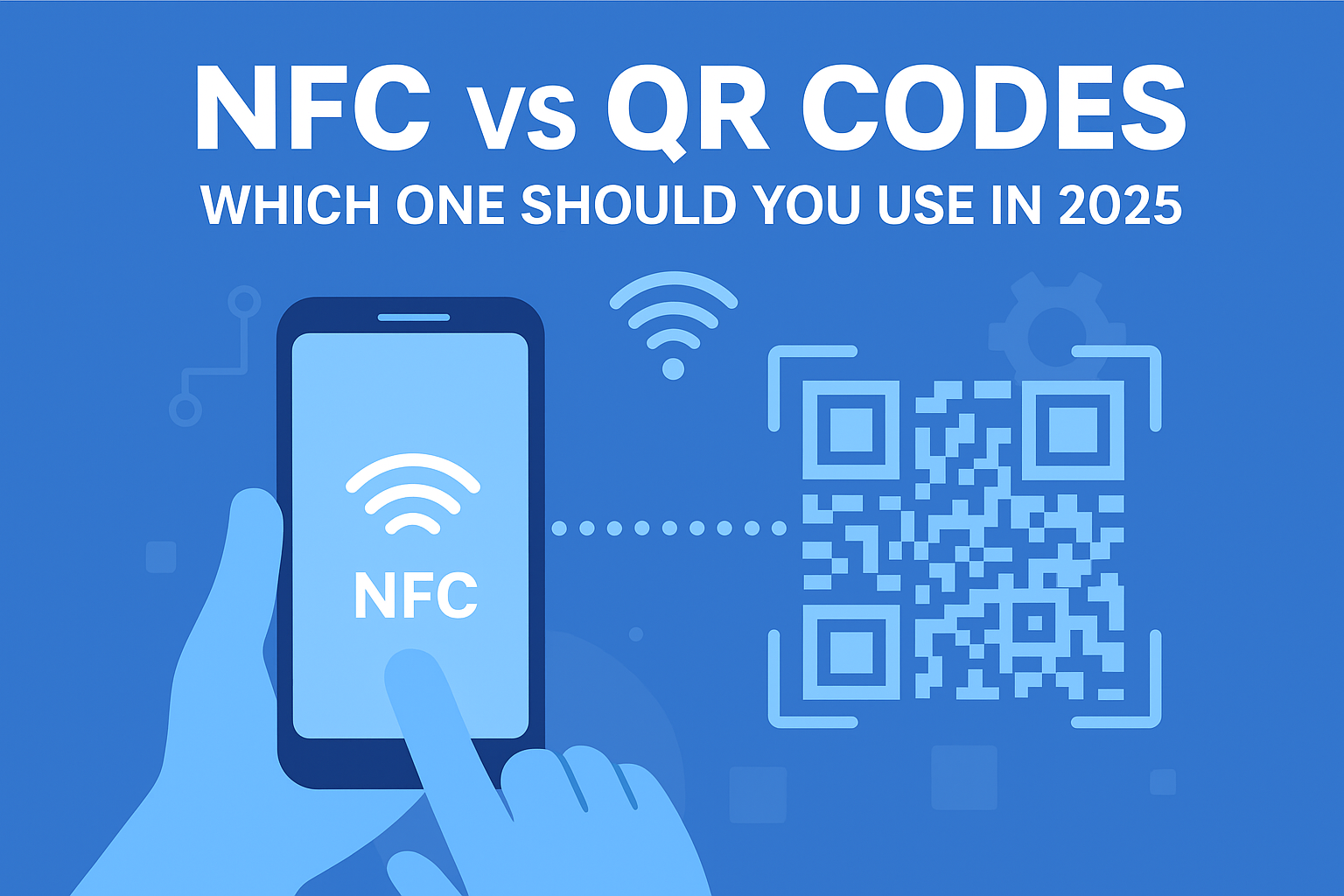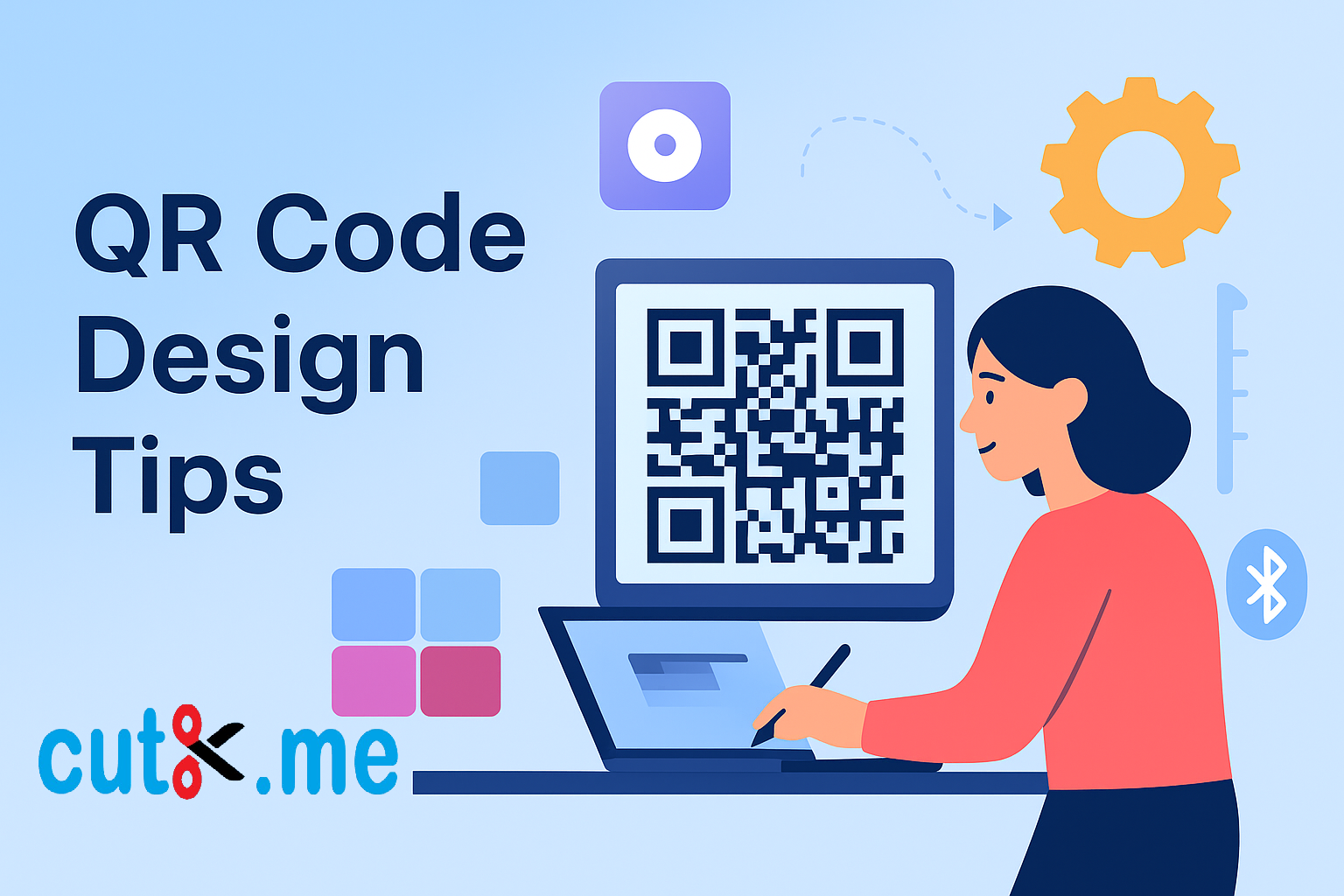
The marketing world changes quickly, and brands are always looking for better ways to connect with people. One of the most exciting trends today is the rise of AR QR codes. These codes do more than link to a website; they unlock interactive augmented reality experiences that bring products and stories to life on a smartphone screen. This new approach boosts engagement, improves brand recall, and delivers real results.
Understanding AR QR Codes
AR QR codes function like regular QR codes but with an augmented reality layer. When someone scans the code with a phone camera, it shows 3D animations, interactive visuals, or real-time overlays on the user’s screen. This creates an engaging digital moment in the real world.
Brands use them to:
- Show product demos
- Display promotions
- Offer virtual try-ons
- Run interactive games
- Enhance physical ads
This makes marketing fun, memorable, and meaningful.
What is AR QR Codes?
AR QR Codes are upgraded versions of traditional QR codes that unlock Augmented Reality (AR) experiences when scanned with a smartphone camera. Instead of only opening a link or webpage, AR QR codes overlay digital content, such as 3D models, animations, product demos, virtual try-ons, or interactive instructions, directly into the real world. This creates a more immersive and engaging experience, allowing brands, educators, and marketers to communicate in a visually rich and interactive way. Essentially, AR QR codes connect the physical and digital worlds, making everyday objects clickable and interactive without requiring any special device beyond a mobile phone.
Why AR QR Codes Are Growing Fast
Several factors drive the rise of AR QR codes:
- Smartphones are common and ready for AR.
- People seek immersive experiences.
- Brands need better engagement strategies.
- Physical ads require digital enhancement.
Because of this, more companies are now including AR technology in their campaigns, packaging, and events.
How AR QR Codes Work Step-by-Step
A marketer creates AR content, such as a 3D model, animation, or scene. They then generate a QR code linked to that AR experience. Users scan the QR code with a smartphone. The phone activates the camera and displays the AR content in real-time. This journey feels smooth and natural for users.
The Power of AR QR Codes in Marketing
AR QR codes provide marketers with several advantages:
- - They boost user engagement.
- They increase product curiosity.
- They enhance brand storytelling.
- They turn viewers into buyers more quickly.
- They offer real-time analytics.
Customers feel more connected when they see, interact with, and understand products in 3D.
AR QR Codes in Retail
Retailers use AR codes on product packaging. When scanned, customers can see:
- How to use the product
- What the product looks like in real life
- Reviews and recommendations
This builds trust and reduces confusion.
AR QR Codes in Real Estate
Real estate agents now use AR QR codes for virtual tours. One scan allows buyers to:
- Walk through homes
- View interiors
- Check furniture placement
This saves time and increases interest.
AR QR Codes in Education
Schools and trainers use AR QR codes to make learning enjoyable. Students scan codes to view:
- 3D models
- Science animations
- Virtual demonstrations
This helps students learn faster and remember more.
AR QR Codes for Events and Promotions
Event planners place AR QR codes on banners and tickets. Scanning these codes reveals:
- Schedules
- Directions
- 3D mascots
- Special surprises
This generates excitement.
Product Packaging + AR QR Codes
When brands include AR codes on packaging, customers gain access to:
- Tutorials
- Behind-the-scenes videos
- Exclusive deals
This improves loyalty and increases repeat sales.
How AR QR Codes Improve Customer Experience
Customers enjoy experiences. AR QR codes provide:
- Instant interaction
- Real value
- Personalized product guides
This creates an emotional connection that boosts conversions.
AR QR Codes and Social Media Growth
Brands encourage users to share AR experiences online. This leads to:
- Free organic promotion
- Greater reach
- Viral campaigns
The combination of social media and AR creates strong marketing power.
Best Practices to Use AR QR Codes
To achieve the best results:
- Keep experiences short and engaging
- Use high-quality 3D visuals
- Ensure that scanning functions smoothly
- Place QR codes where people can easily reach them
A great AR experience should feel simple and enjoyable.
Challenges of AR QR Codes
Despite their benefits, brands should consider:
- Internet speed
- Device compatibility
- User knowledge of QR scanning
These challenges can be overcome with careful planning.
Future of AR QR Codes
The future of marketing will focus on digital layers in real environments. Soon, AR QR codes may include:
- Voice interaction
- AI personalization
- Real-time product fitting
Consumers will engage with brands in more immersive ways.
Why Marketers Should Adopt AR QR Codes Now
The sooner a brand embraces AR, the quicker it can gain:
- Attention
- Customer loyalty
- A competitive edge
This is the right time to begin.
Simple Example Scenarios
Clothing stores offer virtual try-on options. Restaurants display 3D menu previews. Travel companies show virtual location tours. These examples demonstrate the utility of AR QR codes.
You can create, manage, and track AR-enabled QR codes easily using CutX.me. The platform offers fast QR generation, powerful analytics, and smart link features that help marketers achieve stronger engagement and better conversions. Start exploring smart digital branding tools at:
Conclusion
AR QR codes are transforming how brands communicate with customers. They create engaging, interactive experiences that boost engagement and conversions. As the digital world evolves, brands that leverage AR will stand out and build stronger relationships with their audiences.
FAQs
1. What makes AR QR codes different from normal QR codes?
AR QR codes display interactive augmented reality experiences instead of just opening a link.
2. Do I need a special app to scan AR QR codes?
Most AR QR experiences open directly in the phone browser.
3. Can small businesses use AR QR codes?
Yes, small and medium brands use them to attract more engagement affordably.
4. Are AR QR codes expensive to create?
Costs vary, but many tools offer low-cost setup options.
5. Do AR QR codes work offline?
The AR content usually requires internet access to load.




